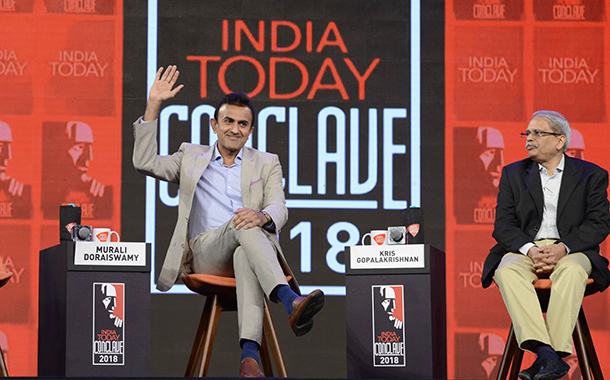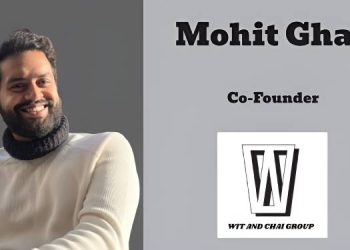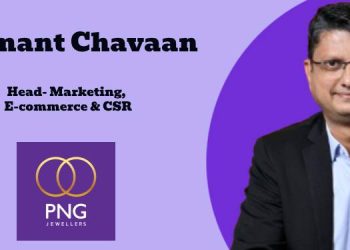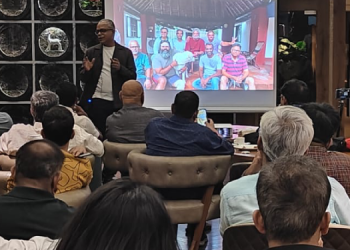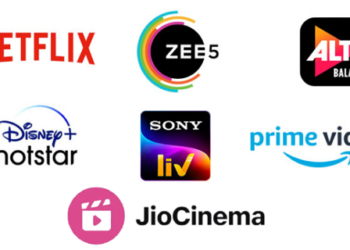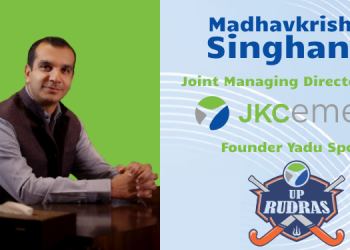Mumbai: “We may actually replicate a human brain in next 45-50 years,” said Dr Murali Doraiswamy, Professor of Psychiatry and Medicine, Duke University Health System during a stimulating session titled AI vs IA: Machine Brain vs the Human Brain at the India Today Conclave held in Mumbai today.
He said that the real asset of a company is not the real estate but the cognitive power of its work force adding that machine intelligence has been improving at a faster rate than that of human intelligence moving towards singularity—when intelligence of a machine matches that of a human being. “In a competition between AI vs doctors, about a decade ago, doctors were winning, now 40 per cent doctors are losing,” he mentioned.
His co-panelist Kris Gopalakrishnan, former CEO of Infosys, however, said that this is true in a narrower dimension. “In narrow dimensions machines are getting fast superior than human brains. But will there be a machine that will mimic all human functions in near future? That’s a little far fetched,” said Gopalakrishnan.
Doraiswamy emphasised the need for more investment in brain science as neurological disorders are becoming serious threat to human health. Gopalakrishnan added that 200 million people in India will be over 65 in next 25 years and one in four will develop some age-related disorders.
While talking about robot’s ability to handle emotions, Doraiswamy said that machines are increasingly moving toward emotive domain. “Robots could become psychiatric counsellors,” he added. He also mentioned how depression has emerged as a serious disease among youth with 350 millions committing suicide every year.
Responding to a question asked by session moderator Raj Chengappa, India Today Group Editorial Director (Publishing), he said in future wars would be fought in virtual world. “There will be brain controlled drones,” he said.
To a question on how India must prepare for a situation where artificial intelligence challenges human intelligence, Gopalakrishnan said that the need of the hour is to assess the situation and see how that can be explored to advantage. “Best way to predict the future is to create it, be part of it,” he said.

